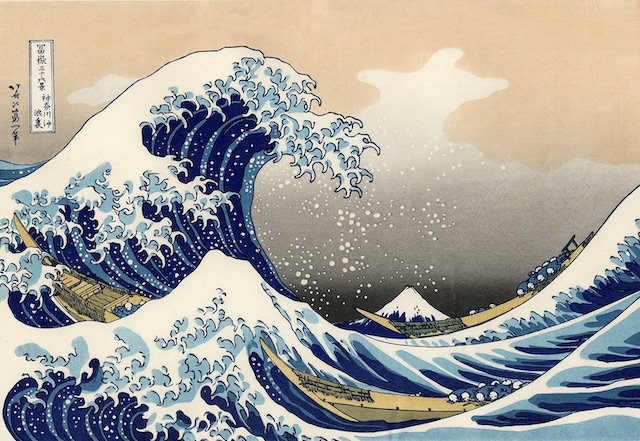I have been taking a “summer break”, a very rewarding time to simply relax and enjoy life. I spent time on my health and fitness that included a detailed annual physical, committed to some diet and lifestyle modifications, and dedicated time for moments of reflection on my life since relocating to Tokyo Japan.
I don’t like or use social media, particularly Facebook and Instagram, finding I am more comfortable when I sit alone with my thoughts. I never really gave much thought to this tendency to “daydream” until I read an interesting commentary by Melinda Wenner Moyer in the New York Times (“In Defense of Daydreaming”, 8/4/22) that says researchers believe letting your mind wander can benefit the brain.
The thought-provoking piece cited two studies. In one, adults “were given the option of either entertaining themselves with their own thoughts for 15 minutes or giving themselves painful electric shocks. Sixty-seven percent of men and 25 percent of women chose the shocks.” Another study’s results however suggested “that our tendency to avoid being alone with our thoughts is in part because ‘we tend to underestimate the value of thinking’ according to one of the study’s authors.’” That study “asked adults to first predict how much they would like sitting in a quiet room alone, and then actually had them do it for 20 minutes. To their surprise, the participants enjoyed the experience more than they had expected to.”
I was pleased to learn that other “daydreaming” research “shows that letting our minds wander and engaging in certain kinds of daydreaming can give us joy, serenity and even make us more creative.”
I am relaxing in Tokyo, reading a book, glad to be alive.
I am not merely glad to be alive; I am jubilant.
For this old man, this IS home.
And, I am pleased to announce that the Japan Ministry of Immigration has just granted me a five year resident Visa extension!
Thank you for visiting my website. I will resume regular blog posts in the fall.




